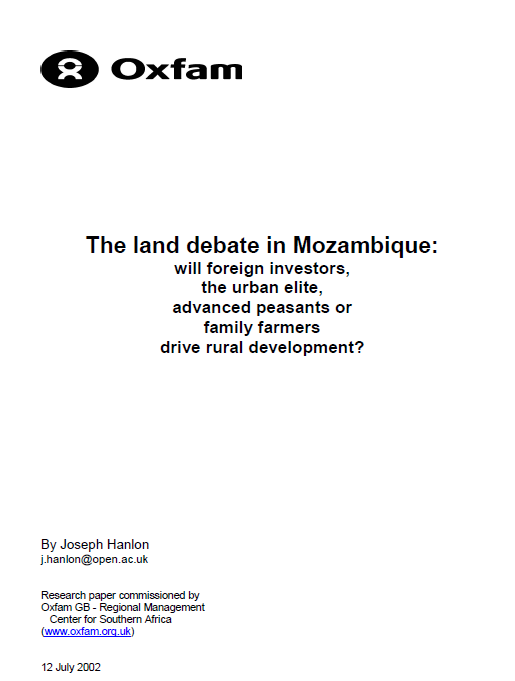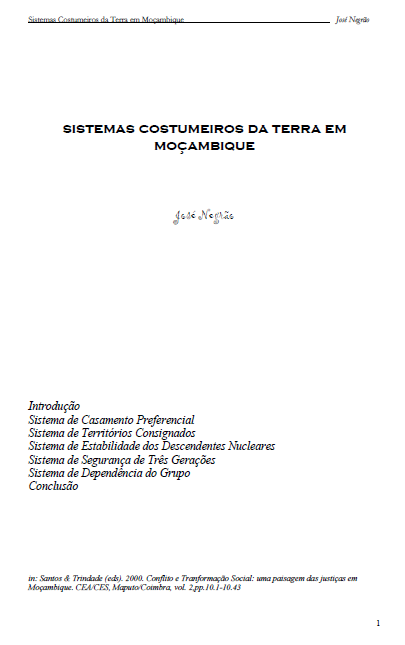Gender and law: Women's rights in agriculture
This study focuses on the gender dimension of agriculture-related legislation, examining the legal status of women in three key areas. The result is an analysis identifying the main legal and some non-legal factors that affect the existence and exercise of women’s agriculture-related rights.


